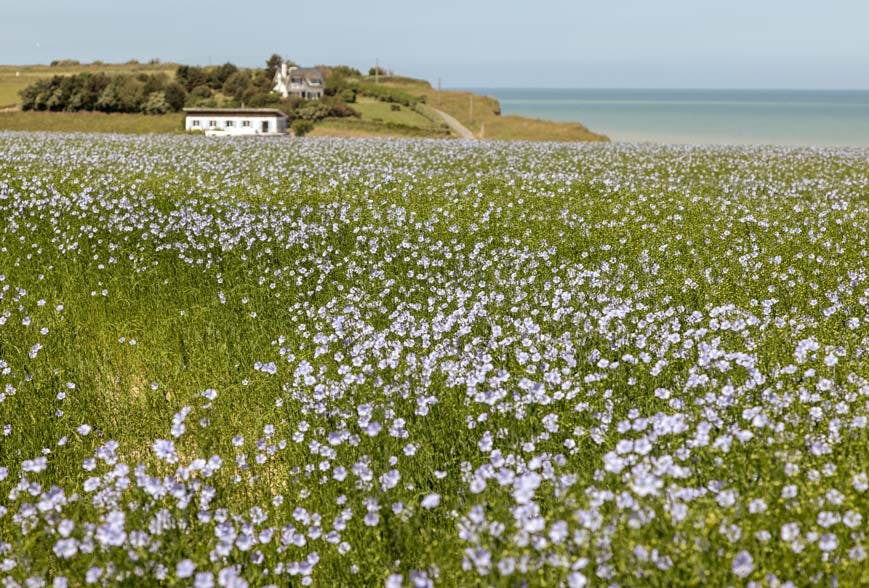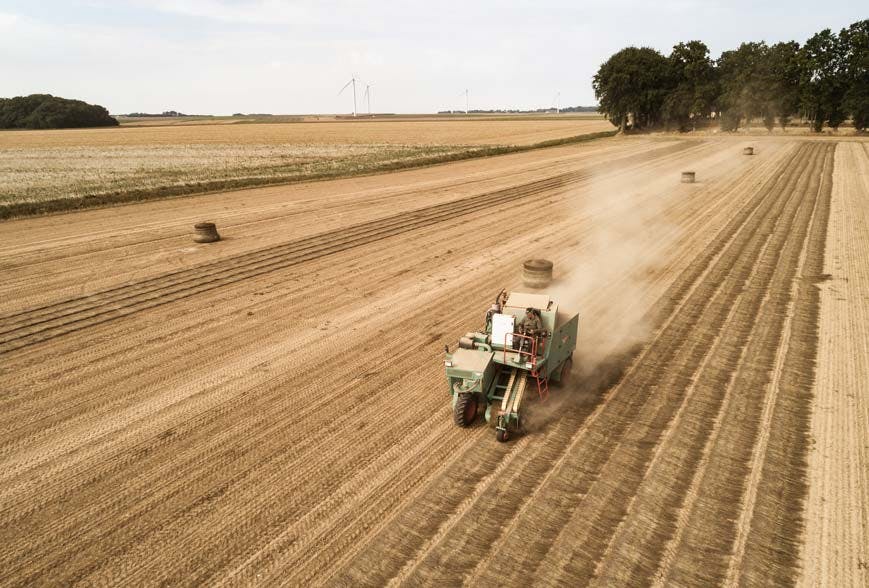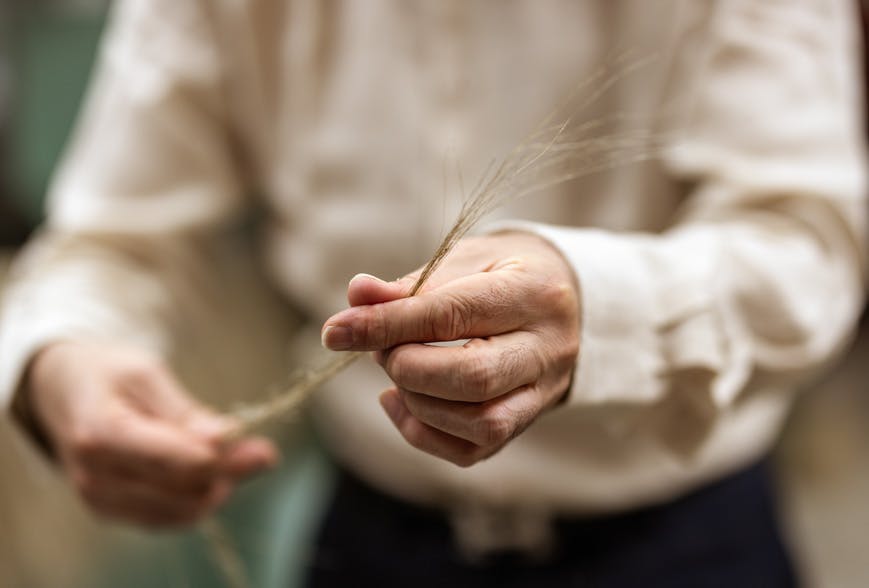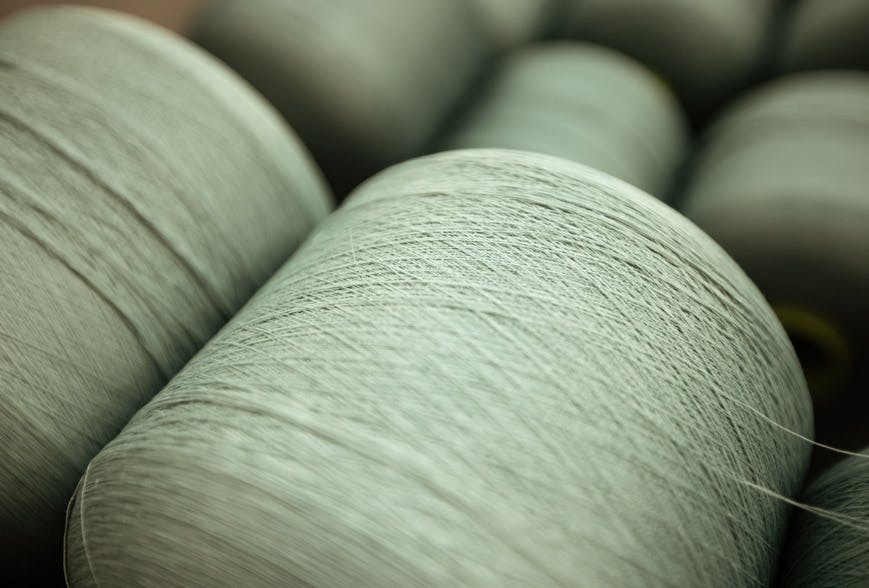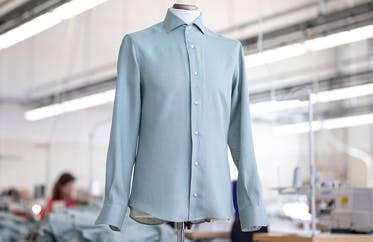
Linen: The Beautifully Enigmatic Material for the Summer
When it comes to staying cool in summer heat, whilst maintaining elegance, linen is king. Despite this, it remains a surprisingly rare material, especially in menswear. In part, this is due to its higher cost compared to cotton, but also because linen polarises opinion due to its propensity to crease.
The sartorial history of the Anglosphere is somehow opposed to creases, which are anathema to the rigidly suited style associated with traditional gentlemen. Yet as swathes of discerning Italian and French men have proved, a slightly crumpled effect can be a nonchalantly sophisticated look in warmer climates.
It just requires knowing the properties of linen and how to get the most out of this fine material. In this article, we briefly explore the history of linen, its excellent properties and how best to wear it.
